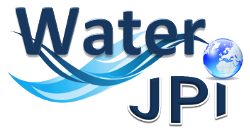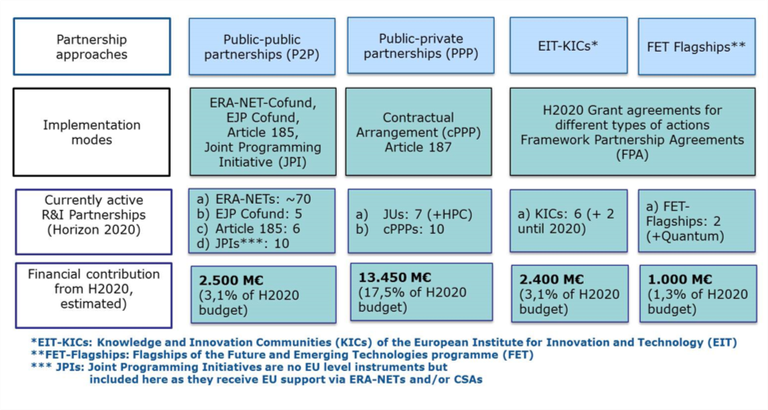Water challenges in HORIZON EUROPE
Horizon Europe is the European Union’s seven-year research and innovation programme, running from 2021 to 2027. The programme’s general objective is to deliver scientific, technological, economic and societal impact from the Union’s investments in R&I to strengthen the scientific and technological bases of the Union and foster its competitiveness in all Member States.
Horizon Europe is the largest EU’s largest R&I framework programme and has the potential to generate significant economic, social and scientific returns. According to the impact assessment, Horizon Europe has the potential to deliver up to €11 in Gross Domestic Product (GDP) gains for every euro invested, create up to 320,000 new highly skilled jobs by 2040 and consolidate Europe’s leadership in research and innovation.
Crucially, Horizon Europe is designed with an investment mind-set rather than as a ‘funding’ instrument; and built to help the EU make the transition to a sustainable and prosperous future.
Horizon Europe has three pillars:
- Excellent Science
- Global Challenges and European Industrial Competiveness
- Innovative Europe
And a fourth component on Widening participation and Strengthening the European Research Area.
To read more about the pillars click here.
Within the second Pillar, Global Challenges and European Industrial Competiveness, 6 clusters were presented:
- Health
- Culture, Creativity and Inclusive Society
- Civil Security for Society
- Digital, Industry and Space
- Climate, Energy and Mobility
- Food, Bioeconomy, Natural Resources, Agriculture and Environment
From the six clusters proposed by the European Comission, five of them have topics that can incorporate water issues (e.g. Cluster 1 - Tackling diseases and reducing disease burden; Cluster 3 - Improved disaster risk management and societal resilience), with a stronger focus within Cluster 6 (Sustainable management of natural resources; prevention and removal of pollution; or Establishment of primary production and food systems based on sustainability, inclusiveness, health and safety).
From the lessons learnt from Horizon 2020, several key novelties are foreseen in Horizon Europe, out of which: rationalising the funding landscape, reinforcing openess or strengthen the International cooperation.
In terms of Partnerships, the landscape was particularly dense.
Therefore a new generation of objective-driven and more ambitious partnerships in support of agreed EU policy objectives is proposed with three key features (strategic orientation, coherent life-cycle approach and simple architecture & toolbox.
More on Partnerships click here
More on the Partnership dedicated to water security challenges - Water4All click here
Another novelty in Horizon Europe is the mission-driven approach that are linked to key societal challenges and relevant to a broad range of stakeholders as well as to citizens. Since they are new, missions are by definition ‘experimental’. They provide a learning lab for policy experimentation with a view to planning and co-creating R&I with all the EU policies concerned but also with concerned stakeholders and citizens. Ultimately, they should deliver European public goods on some of the issues that matter most to people. The mission areas are:
- Accelerating The Transition To A Climate Prepared And Resilient Europe
- Regenerating our Ocean and Waters
- 100 Climate-Neutral Cities by 2030 - by and for the citizens.
- Caring for Soil is Caring for Life
Horizon Europe is not just about grants to enable European R&I. Spending money would deliver few lasting results if the broader framework for R&I is not effective and efficient. Horizon Europe is also a powerful tool to give direction to European R&I and to European policy. It brings together partners from science, innovation and business, to jointly develop agendas, to divide the work, and to focus on framework conditions such as regulation to improve the R&I ecosystem as a whole.

